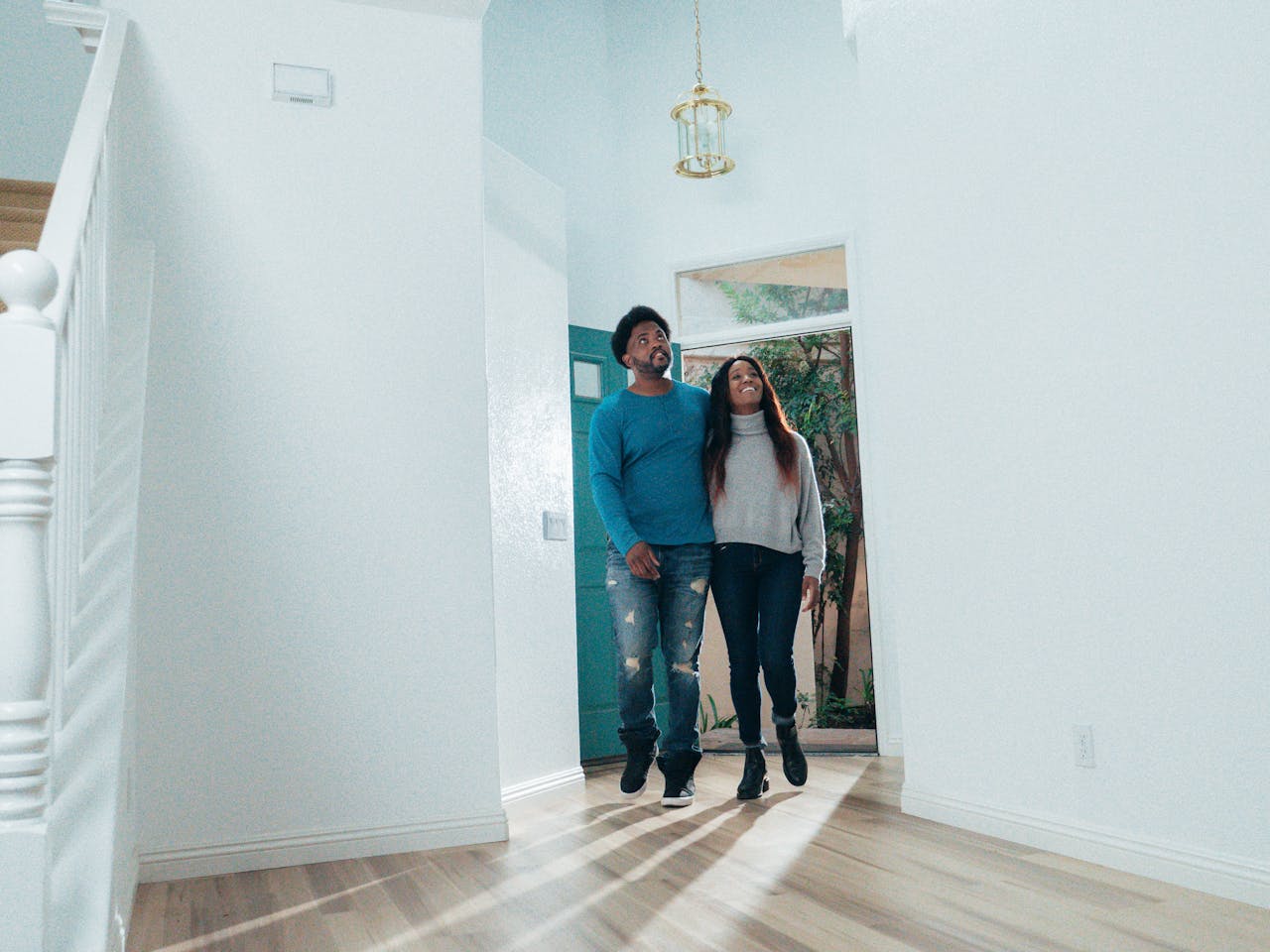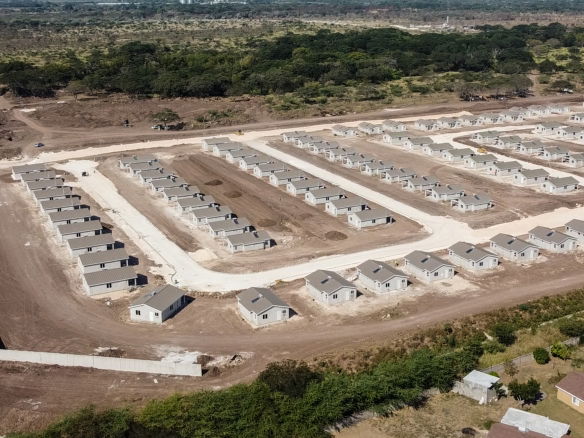The Jamaican real estate market presents an exciting yet challenging landscape for both local and international buyers. Whether you’re eyeing a beachfront property in Montego Bay or a suburban home in Kingston, understanding the nuances of the real market and mastering negotiation techniques are essential to securing the best deal. Here’s how to navigate the process and come out on top.
Understand the Jamaican Real Estate Market
Before diving into negotiations, it’s crucial to have a clear understanding of the Jamaican real estate market. Over the past few years, property values in Jamaica have seen significant growth, particularly in areas popular with tourists like Montego Bay and Ocho Rios. Kingston, the capital, also experiences dynamic pricing due to ongoing commercial developments and residential demand.
For instance, property prices in Kingston can vary widely depending on the neighborhood. In upscale areas like New Kingston or Jack’s Hill, prices range from JMD 40 million to JMD 70 million (approximately USD 250,000 to USD 437,500). In more suburban areas like Stony Hill, prices might be between JMD 25 million and JMD 35 million (approximately USD 156,250 to USD 218,750). Understanding these price benchmarks is the first step in preparing for negotiations.
Preparation is Key
Effective negotiation begins long before you make an offer. Researching recent sales in the area where you want to buy provides a solid foundation for your negotiations. Utilize resources like real estate websites and local agencies to gather sales data and identify trends over the past months or years. Additionally, consider getting a professional appraisal. An impartial assessment of the property’s worth can be a powerful tool during negotiations, giving you leverage when discussing price. Building a local network is also invaluable. Real estate professionals in Jamaica can offer insights into local practices, legal requirements, and real estate market trends that are crucial for informed negotiations.
The Role of Financing in Negotiations
Securing financing is a critical component of the negotiation process. Buyers who have pre-approved financing are often viewed as more serious and ready to close quickly, which can positively influence the seller’s willingness to negotiate. It’s important to note that mortgage interest rates in Jamaica are typically higher than in countries like Canada, with rates often ranging from 8% to 10%, compared to 2% to 5% in Canada. This difference can significantly impact your budget and negotiation strategy. Therefore, securing a mortgage pre-approval from a Jamaican bank, such as the National Commercial Bank of Jamaica, not only strengthens your negotiation position but also ensures you’re financially prepared for the purchase.
Communication is Crucial
How you communicate during negotiations can make a significant difference in the outcome. Building a positive rapport with the seller and their agent can help facilitate smoother negotiations. Remember, negotiation is not just about price—it’s about creating a dialogue where both parties feel they are getting a fair deal. When communicating, be clear and straightforward. Jamaicans appreciate honesty and directness. Acknowledge the seller’s needs and constraints, as this mutual respect can lead to better cooperation. Additionally, using local examples and understanding the cultural context can strengthen your position and reveal opportunities where properties may be undervalued.
Strategic Offers and Counteroffers
Negotiating in Jamaica requires a well-thought-out strategy for making offers and counteroffers. Start with a realistic offer that reflects your understanding of the real estate market. Base your initial offer on comparable sales in the area, adjusting for any property deficiencies or advantages. Be prepared to respond to counteroffers quickly. Keep your counteroffer close to market data and always justify your stance with facts. This approach demonstrates that you’re informed and serious about the transaction.
Utilize Contingencies and Concessions
Contingencies and concessions are powerful tools in real estate negotiations. These can provide security and flexibility during the transaction. For example:
- Inspection Contingencies: Allow you to withdraw or renegotiate if the property doesn’t meet expected standards.
- Financial Contingencies: Protect you in case your financing falls through.
- Closing Cost Concessions: Sellers may agree to cover some closing costs to expedite the deal.
Using these tools effectively can help you secure the best terms and safeguard your interests throughout the process.
Legal Considerations and Closing the Deal
As you move towards closing the deal, managing the legal aspects becomes crucial. Jamaica has specific property laws that must be followed to avoid complications. Ensure you conduct a thorough title search to confirm the property is free of liens or encumbrances. Engaging a reputable local attorney is also advisable. They can review all contracts and agreements, ensuring that your investment is legally sound and protected.
Conclusion: Negotiating Real Estate Prices in Jamaica is Worth the Effort
Successfully negotiating property prices in Jamaica requires more than just knowing the real estate market value. It involves understanding the local culture, communicating effectively, and managing legal risks. With the right strategies and local insights, you can navigate the real estate market and find your ideal property at a fair price. Approach your negotiations with confidence, prepare thoroughly, and be ready to engage in meaningful discussions that benefit both you and the seller. By doing so, you’ll be well on your way to securing a piece of paradise in Jamaica.
Frequently Asked Questions
What strategies should I use when making offers and counteroffers?
Start with a realistic offer based on market data. Be prompt in responding to counteroffers and use facts to justify your position. This approach demonstrates your knowledge of the market and shows the seller that you’re serious about making a fair deal.
How can I assess whether a property’s asking price is fair?
Consider both the market value and the personal value of the property to you. An independent valuation by a certified valuator can help determine if the property is overpriced. Additionally, evaluate the property’s location, condition, and how well it meets your needs.
What are the key elements to finalize before closing a deal?
Before closing, both parties must agree on the purchase price, the extent of the property being sold, and key dates for contract exchange and completion. Ensuring all terms are clear and agreed upon helps prevent misunderstandings and facilitates a smooth transaction.
What legal considerations should I be aware of when buying property in Jamaica?
It’s crucial to conduct a title search to ensure the property is free of liens or encumbrances. Engaging a reputable local attorney to review all contracts and agreements helps safeguard your investment and ensures the transaction is legally sound.
What role does financing play in real estate negotiations in Jamaica?
Securing pre-approval for a mortgage from a Jamaican bank strengthens your negotiating power. It shows sellers that you’re serious and ready to close the deal, which can make them more willing to negotiate on price or other terms.
How can effective communication improve my negotiation outcomes?
Effective communication involves building a positive relationship with the seller and clearly expressing your offers and concerns. Understanding the seller’s needs and using local examples to justify your position can lead to more favorable negotiation outcomes.





